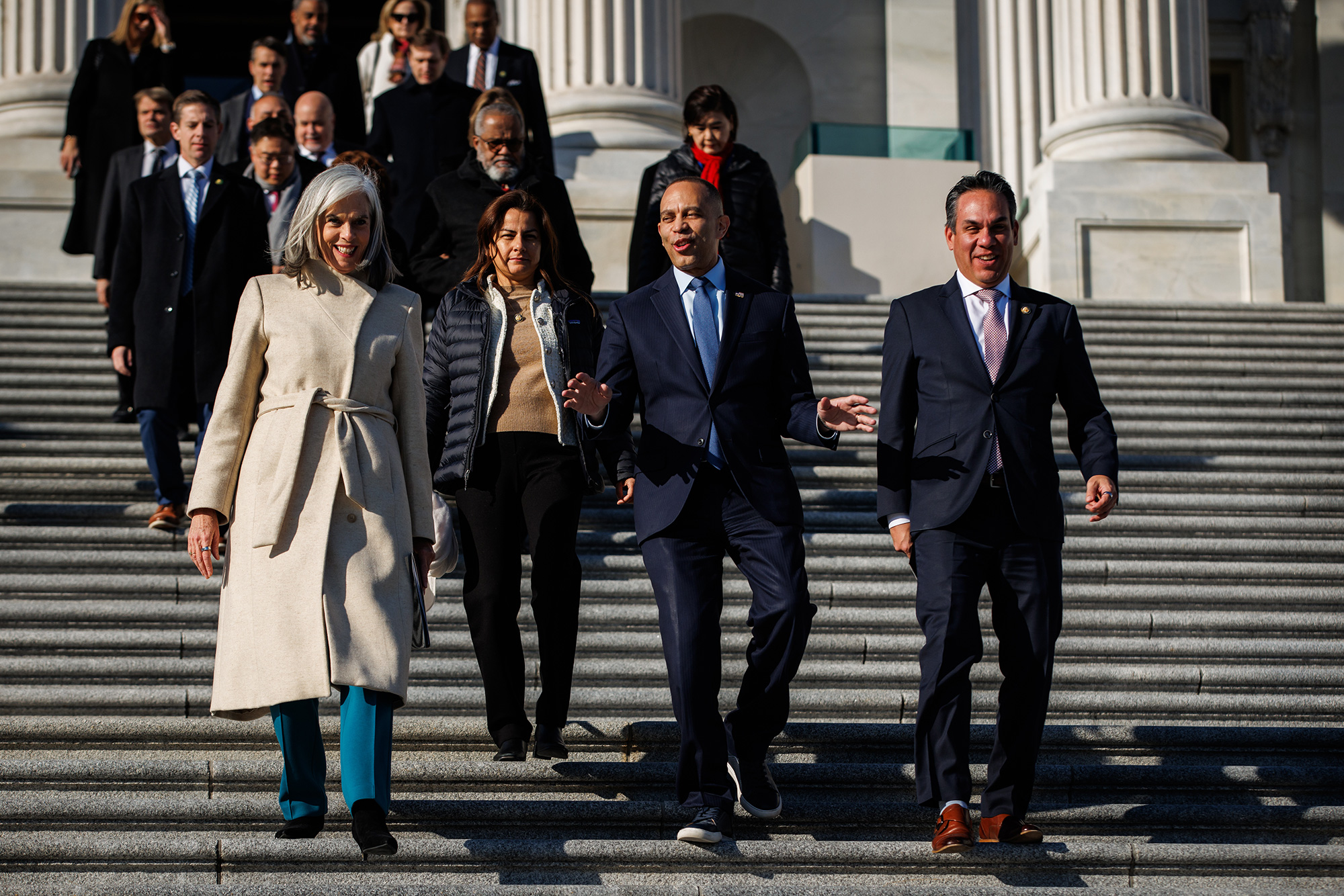For decades, federal law has required government officials to report foreign gifts worth more than $480 within 60 days. The reasoning is sound: officials setting government policy should be transparent when individuals or entities from other countries give them gifts – a long-standing part of diplomacy – to help prevent the appearance of a conflict of interest.
But in practice, the system often breaks down. Some agencies do not report at all. Others misplace gifts or fail to record them properly. And when reports are filed, they are not always made public in a timely or standardized way.
A new bipartisan bill from Reps. Jared Golden and Byron Donalds aims to change that. The Gift, Accountability, Reporting, and Disclosures (GARD) Act would centralize the reporting process, require more consistent use of Office of Government Ethics (OGE) forms, and mandate publication of foreign gift records within 30 days. It would also expand the definition of a “foreign gift” to include non-government entities like foreign businesses and nonprofits, and cover gifts to adult children of officials.
These reforms are not designed to stop outright bribery. Cases like former Senator Bob Menendez – who was sentenced to prison for accepting cash and gold bars in exchange for political favors – fall under criminal law, not disclosure rules. A corrupt actor is unlikely to self-report a bribe.
But other cases show how the system breaks down in less blatant situations. In 2019, a State Department employee failed to report thousands of dollars in gifts from Chinese intelligence agents. She was later sentenced to prison. In 2022, a former U.S. ambassador pleaded guilty for failing to disclose an $18,000 flight provided by a Gulf investment firm.
By tightening disclosure rules, increasing oversight, and making the process more visible to the public, the GARD Act raises the cost of hiding gifts. It would shift responsibility for collecting and publishing gift records from a political appointee at the State Department to the independent Office of Government Ethics. It also sets firm timelines and penalties – both of which are currently lacking.
These are not headline-grabbing reforms. But they are designed to make the quiet, everyday systems of public accountability harder to ignore or game. As the saying goes, sunlight can often be the best disinfectant.
Related
Sam Zickar
Sam Zickar is Senior Writer at No Labels. He earned a degree in Modern History and International Relations from the University of St Andrews and previously worked in various writing and communications roles in Congress. He lives in the Washington, D.C. area and enjoys exercise and spending time in nature.




